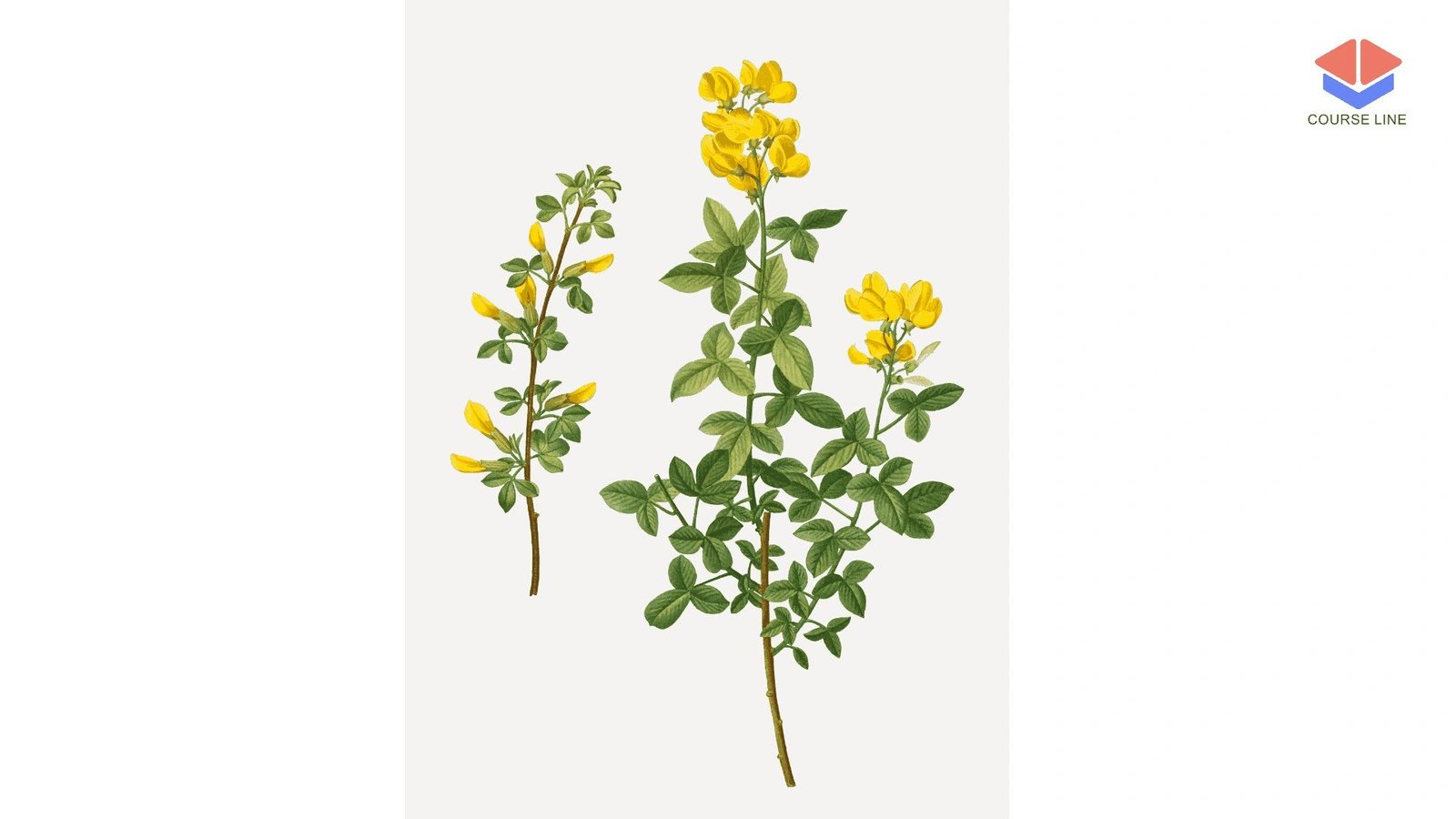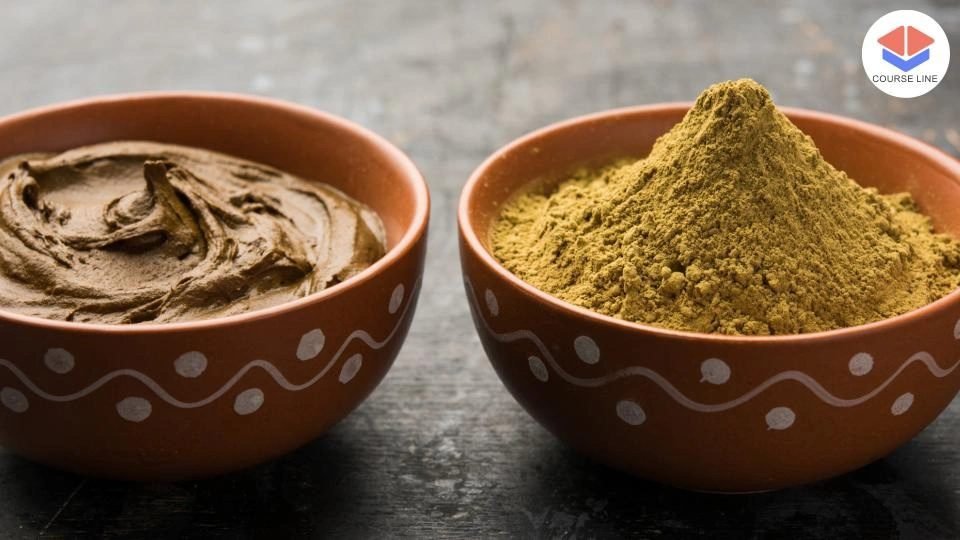Course Features
Price
Study Method
Online | Self-paced
Course Format
Reading Material - PDF, article
Duration
6 hours, 25 minutes
Qualification
No formal qualification
Certificate
At completion
Additional info
Coming soon
- Share
Overview
The Botany Level 3 Advanced Diploma provides an in-depth examination of plant biology and its crucial role in sustaining life on Earth. Starting with the core foundations of botany, this course guides learners through plant classification, structure, anatomy, and life cycles, offering a holistic understanding of how plants grow, reproduce, and evolve. Students will develop essential knowledge in plant physiology, including the mechanisms behind photosynthesis, respiration, mineral nutrition, water transport, and the hormonal control of plant development.
Moving beyond basic concepts, the course explores ecological relationships and the role plants play within ecosystems, including their adaptations, biodiversity, and interactions with other organisms. Conservation strategies and the importance of restoration ecology are also highlighted to prepare learners for addressing global environmental challenges.
In the modules on genetics and biotechnology, learners gain insight into plant heredity, hybridization, and the role of genetic engineering and biotechnology in agriculture, medicine, and sustainability. Systematics and evolutionary biology are covered with a focus on plant speciation, phylogenetics, and conservation genetics, enabling students to trace the evolutionary lineage of plant species and understand their diversity.
Applied botany forms a significant part of the curriculum, examining real-world uses of plants in medicine, food, horticulture, and traditional knowledge. Learners also gain practical skills in research, including experimental design, data analysis, field sampling, and lab techniques. The course concludes with a focus on professional development, helping students identify career paths in botany, connect with industry professionals, and embrace lifelong learning in this dynamic field.
Who is this course for?
The Botany Level 3 Advanced Diploma provides an in-depth examination of plant biology and its crucial role in sustaining life on Earth. Starting with the core foundations of botany, this course guides learners through plant classification, structure, anatomy, and life cycles, offering a holistic understanding of how plants grow, reproduce, and evolve. Students will develop essential knowledge in plant physiology, including the mechanisms behind photosynthesis, respiration, mineral nutrition, water transport, and the hormonal control of plant development.
Moving beyond basic concepts, the course explores ecological relationships and the role plants play within ecosystems, including their adaptations, biodiversity, and interactions with other organisms. Conservation strategies and the importance of restoration ecology are also highlighted to prepare learners for addressing global environmental challenges.
In the modules on genetics and biotechnology, learners gain insight into plant heredity, hybridization, and the role of genetic engineering and biotechnology in agriculture, medicine, and sustainability. Systematics and evolutionary biology are covered with a focus on plant speciation, phylogenetics, and conservation genetics, enabling students to trace the evolutionary lineage of plant species and understand their diversity.
Applied botany forms a significant part of the curriculum, examining real-world uses of plants in medicine, food, horticulture, and traditional knowledge. Learners also gain practical skills in research, including experimental design, data analysis, field sampling, and lab techniques. The course concludes with a focus on professional development, helping students identify career paths in botany, connect with industry professionals, and embrace lifelong learning in this dynamic field.
Requirements
The Botany Level 3 Advanced Diploma provides an in-depth examination of plant biology and its crucial role in sustaining life on Earth. Starting with the core foundations of botany, this course guides learners through plant classification, structure, anatomy, and life cycles, offering a holistic understanding of how plants grow, reproduce, and evolve. Students will develop essential knowledge in plant physiology, including the mechanisms behind photosynthesis, respiration, mineral nutrition, water transport, and the hormonal control of plant development.
Moving beyond basic concepts, the course explores ecological relationships and the role plants play within ecosystems, including their adaptations, biodiversity, and interactions with other organisms. Conservation strategies and the importance of restoration ecology are also highlighted to prepare learners for addressing global environmental challenges.
In the modules on genetics and biotechnology, learners gain insight into plant heredity, hybridization, and the role of genetic engineering and biotechnology in agriculture, medicine, and sustainability. Systematics and evolutionary biology are covered with a focus on plant speciation, phylogenetics, and conservation genetics, enabling students to trace the evolutionary lineage of plant species and understand their diversity.
Applied botany forms a significant part of the curriculum, examining real-world uses of plants in medicine, food, horticulture, and traditional knowledge. Learners also gain practical skills in research, including experimental design, data analysis, field sampling, and lab techniques. The course concludes with a focus on professional development, helping students identify career paths in botany, connect with industry professionals, and embrace lifelong learning in this dynamic field.
Career path
The Botany Level 3 Advanced Diploma provides an in-depth examination of plant biology and its crucial role in sustaining life on Earth. Starting with the core foundations of botany, this course guides learners through plant classification, structure, anatomy, and life cycles, offering a holistic understanding of how plants grow, reproduce, and evolve. Students will develop essential knowledge in plant physiology, including the mechanisms behind photosynthesis, respiration, mineral nutrition, water transport, and the hormonal control of plant development.
Moving beyond basic concepts, the course explores ecological relationships and the role plants play within ecosystems, including their adaptations, biodiversity, and interactions with other organisms. Conservation strategies and the importance of restoration ecology are also highlighted to prepare learners for addressing global environmental challenges.
In the modules on genetics and biotechnology, learners gain insight into plant heredity, hybridization, and the role of genetic engineering and biotechnology in agriculture, medicine, and sustainability. Systematics and evolutionary biology are covered with a focus on plant speciation, phylogenetics, and conservation genetics, enabling students to trace the evolutionary lineage of plant species and understand their diversity.
Applied botany forms a significant part of the curriculum, examining real-world uses of plants in medicine, food, horticulture, and traditional knowledge. Learners also gain practical skills in research, including experimental design, data analysis, field sampling, and lab techniques. The course concludes with a focus on professional development, helping students identify career paths in botany, connect with industry professionals, and embrace lifelong learning in this dynamic field.
-
- The Importance and Scope of Botany 00:10:00
- Plant Classification and Taxonomy 00:10:00
- Plant Morphology and Anatomy 00:10:00
- Plant Reproduction and Life Cycles 00:10:00
-
- Photosynthesis and Respiration 00:10:00
- Transpiration and Water Relations 00:10:00
- Mineral Nutrition and Soil Science 00:10:00
- Hormones and Plant Growth Regulation 00:10:00
- Ecosystems and Biomes 00:10:00
- Plant Adaptations and Biodiversity 00:10:00
- Plant Interactions: Mutualism, Predation, and Competition 00:10:00
- Conservation and Restoration Ecology 00:10:00
- Phylogenetics and Evolutionary History 00:10:00
- Plant Evolutionary Patterns and Processes 00:10:00
- Plant Speciation and Diversity 00:10:00
- Plant Conservation Genetics 00:10:00
- Experimental Design and Data Analysis 00:10:00
- Field Sampling Techniques 00:10:00
- Laboratory Techniques in Botanical Research 00:10:00
- Scientific Communication and Publication 00:10:00
- Exam of Botany Level 3 Advanced Diploma 00:50:00

No Reviews found for this course.
Is this certificate recognized?
Yes, our premium certificate and transcript are widely recognized and accepted by embassies worldwide, particularly by the UK embassy. This adds credibility to your qualification and enhances its value for professional and academic purposes.
I am a beginner. Is this course suitable for me?
Yes, this course is designed for learners of all levels, including beginners. The content is structured to provide step-by-step guidance, ensuring that even those with no prior experience can follow along and gain valuable knowledge.
I am a professional. Is this course suitable for me?
Yes, professionals will also benefit from this course. It covers advanced concepts, practical applications, and industry insights that can help enhance existing skills and knowledge. Whether you are looking to refine your expertise or expand your qualifications, this course provides valuable learning.
Does this course have an expiry date?
No, you have lifetime access to the course. Once enrolled, you can revisit the materials at any time as long as the course remains available. Additionally, we regularly update our content to ensure it stays relevant and up to date.
How do I claim my free certificate?
I trust you’re in good health. Your free certificate can be located in the Achievement section. The option to purchase a CPD certificate is available but entirely optional, and you may choose to skip it. Please be aware that it’s crucial to click the “Complete” button to ensure the certificate is generated, as this process is entirely automated.
Does this course have assessments and assignments?
Yes, the course includes both assessments and assignments. Your final marks will be determined by a combination of 20% from assignments and 80% from assessments. These evaluations are designed to test your understanding and ensure you have grasped the key concepts effectively.
Is this course accredited?
We are a recognized course provider with CPD, UKRLP, and AOHT membership. The logos of these accreditation bodies will be featured on your premium certificate and transcript, ensuring credibility and professional recognition.
Will I receive a certificate upon completion?
Yes, you will receive a free digital certificate automatically once you complete the course. If you would like a premium CPD-accredited certificate, either in digital or physical format, you can upgrade for a small fee.
Course Features
Price
Study Method
Online | Self-paced
Course Format
Reading Material - PDF, article
Duration
6 hours, 25 minutes
Qualification
No formal qualification
Certificate
At completion
Additional info
Coming soon
- Share
Catering Management Level 8 Advanced Diploma
Course Line237£490.00Original price was: £490.00.£14.99Current price is: £14.99.Classical Studies Level 3 Advanced Diploma
Course Line240£490.00Original price was: £490.00.£14.99Current price is: £14.99.





